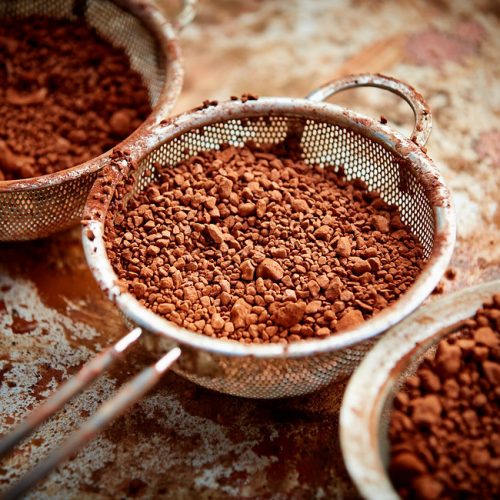Get in touch
With experience in all aspects of Exploration, Geotechnical, Environmental drilling, and Hydro and Water Well Drilling, we are here to look after our clients in a professional, ethical, and reliable manner, while maintaining safe, environmentally responsible practices.
Reach out to discuss your next project.

